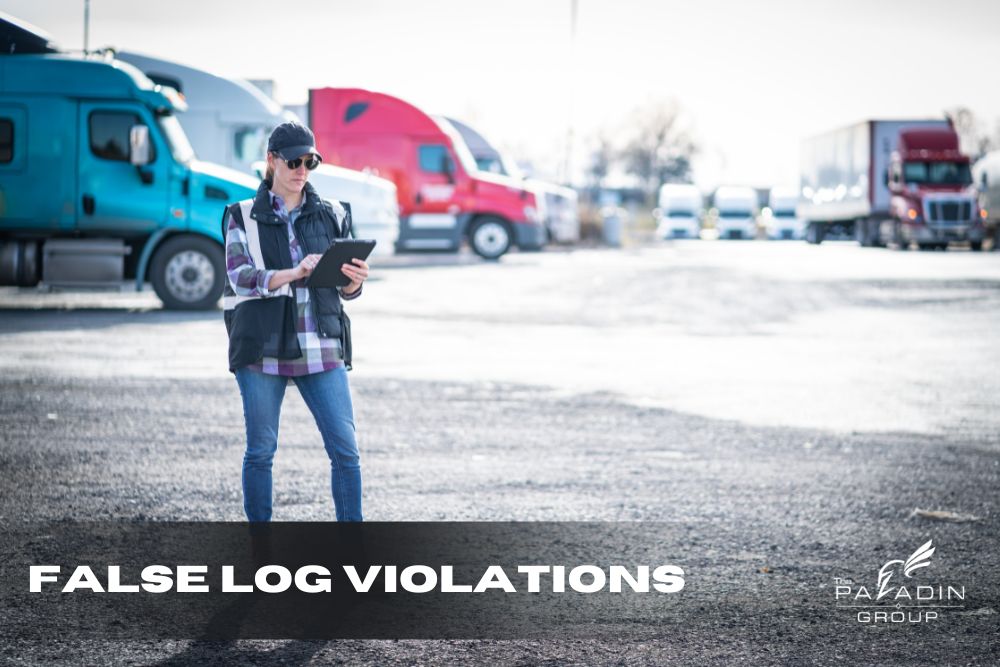
False Log Violations
November 17, 2023 8:00 amThis post was written by: Channing Puls
The Federal Motor Carrier Safety Administration (FMCSA) data indicates that false logs are a pervasive issue within the realm of commercial transportation. False logs, which refer to inaccuracies or deliberate misrepresentations in the recording of driving hours and activities, consistently emerge as one of the top five violations identified during both roadside inspections and compliance reviews.
Roadside inspections and compliance reviews serve as pivotal tools utilized by regulatory authorities to evaluate and ensure the compliance of commercial motor carriers and drivers with established safety regulations and guidelines. These mechanisms are integral components of the regulatory framework designed to monitor and enhance safety standards within the transportation industry.
The repercussions of falsifying logs extend beyond regulatory non-compliance. They often result in adverse consequences for both drivers and carriers. Safety rating downgrades, civil penalties, and out-of-service orders are frequently imposed as corrective measures. Safety rating downgrades can tarnish a carrier’s reputation and affect its ability to secure contracts, while civil penalties impose financial burdens. Out-of-service orders, which temporarily prohibit a driver or a vehicle from operating, directly impact the carrier’s ability to conduct business.
These strict consequences underscore the seriousness with which regulatory authorities view the issue of false logs. The enforcement of penalties and out-of-service orders serves as a deterrent, aiming to foster a culture of compliance within the commercial transportation industry. The prevalence of false logs and their associated penalties highlight the ongoing challenge faced by regulatory bodies in ensuring the safety and integrity of our roadways. Addressing this issue requires a concerted effort from both regulators and industry stakeholders to promote transparency, accuracy, and adherence to established safety protocols.


